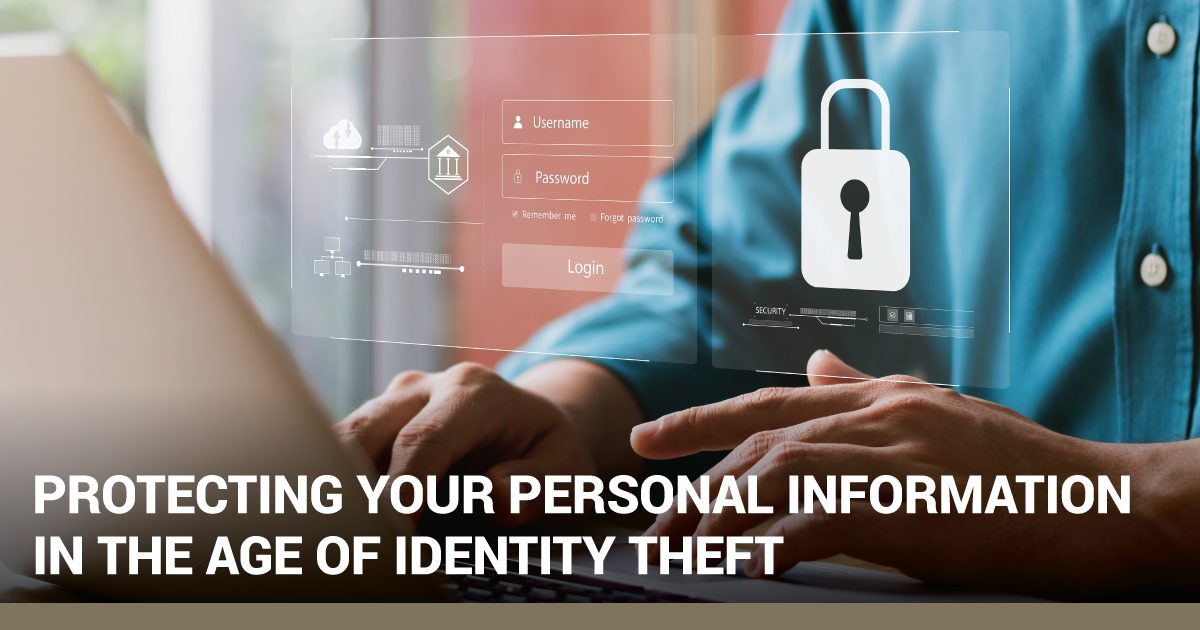Protecting Your Personal Information in the Age of Identity Theft

In today’s digital landscape, the exchange of personal information has become alarmingly common. Whether it’s sharing your Social Security number, date of birth, or home address for a gym membership or grocery discounts, individuals often believe they’re receiving something of value. However, these companies are not only collecting your personal data but, sometimes, selling it to third parties. Some of this information ends up on the “dark web,” where users and website operators remain anonymous and untraceable. We want to continue to provide expert insights and guidance on this critical issue, and we recently found this article published by Kiplinger
What should you do if a company asks for your Social Security Number?
While companies are legally obligated to obtain your consent before sharing your information with third parties, this requirement is often buried within lengthy and complex terms and conditions. Consequently, most individuals unknowingly agree to these terms. So, it’s essential to exercise caution when asked for your Social Security number and question the necessity and security measures in place. If they’re using your Social Security number for identity verification only, you should ask whether there’s another way to establish your identity.
Is It Risky to Provide Your Cell Phone Number?
Yes, it can be risky to give out your cell phone number. Not only is it used for verification in digital transactions, but it’s also collected and used for marketing purposes. The result can be an influx of spam and, even more alarmingly, the sale of your phone number to third parties operating on the dark web. This can expose you to scammers attempting to deceive you into divulging personal information or downloading malicious software. Your cell phone number may also be exploited to access online accounts.
How to Use ChatGPT and Generative AI Safely
One of the critical steps in safeguarding your information is to never provide personal data such as your Social Security number, date of birth, or other sensitive details to AI programs like ChatGPT. While these tools are incredibly powerful, it’s difficult to control where your information may end up, posing a risk to your privacy and security. The proliferation of AI further magnifies the potential for data breaches and theft.
Safeguarding Your Information
To ensure the security of your personal information, especially in situations where companies claim to require it for identity verification, we recommend obtaining a reusable digital identity. These digital identities provide a comprehensive and secure solution for identity proofing and authentication.
Your security and privacy are paramount, and we hope this information helps you navigate the increasingly complex world of identity theft and data security. If you have any questions or need further assistance, please don’t hesitate to reach out to us.
